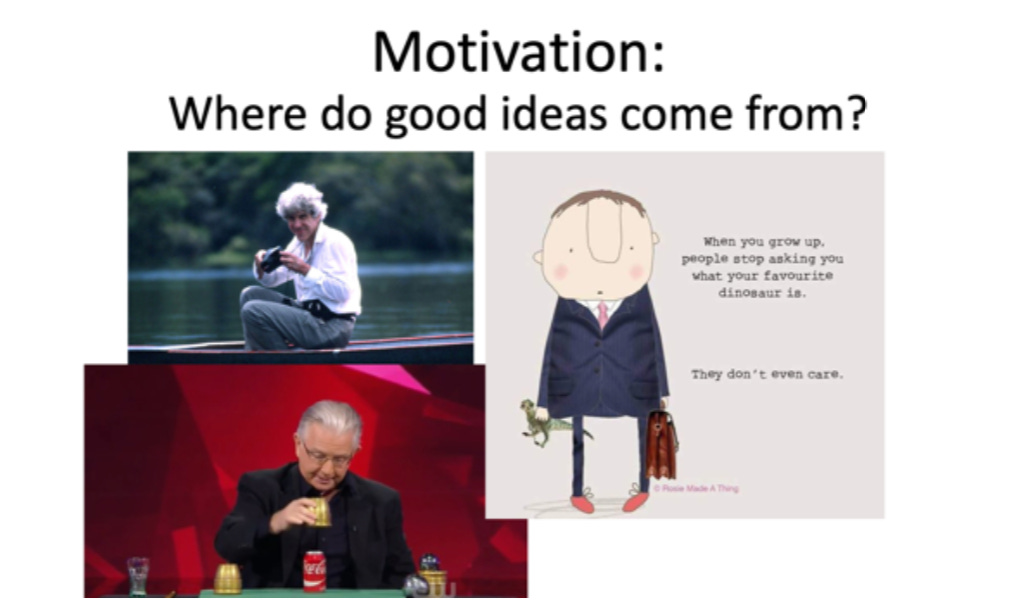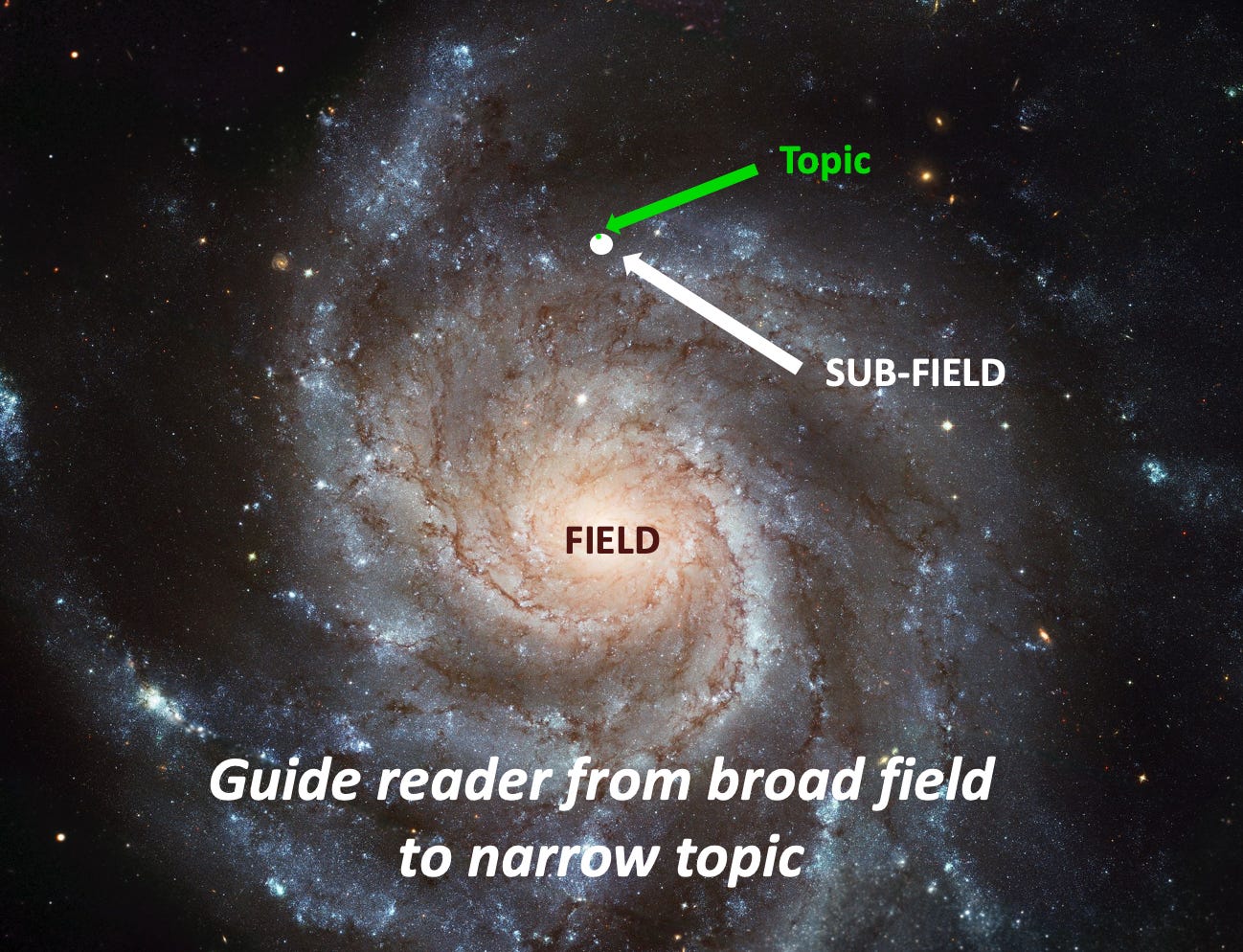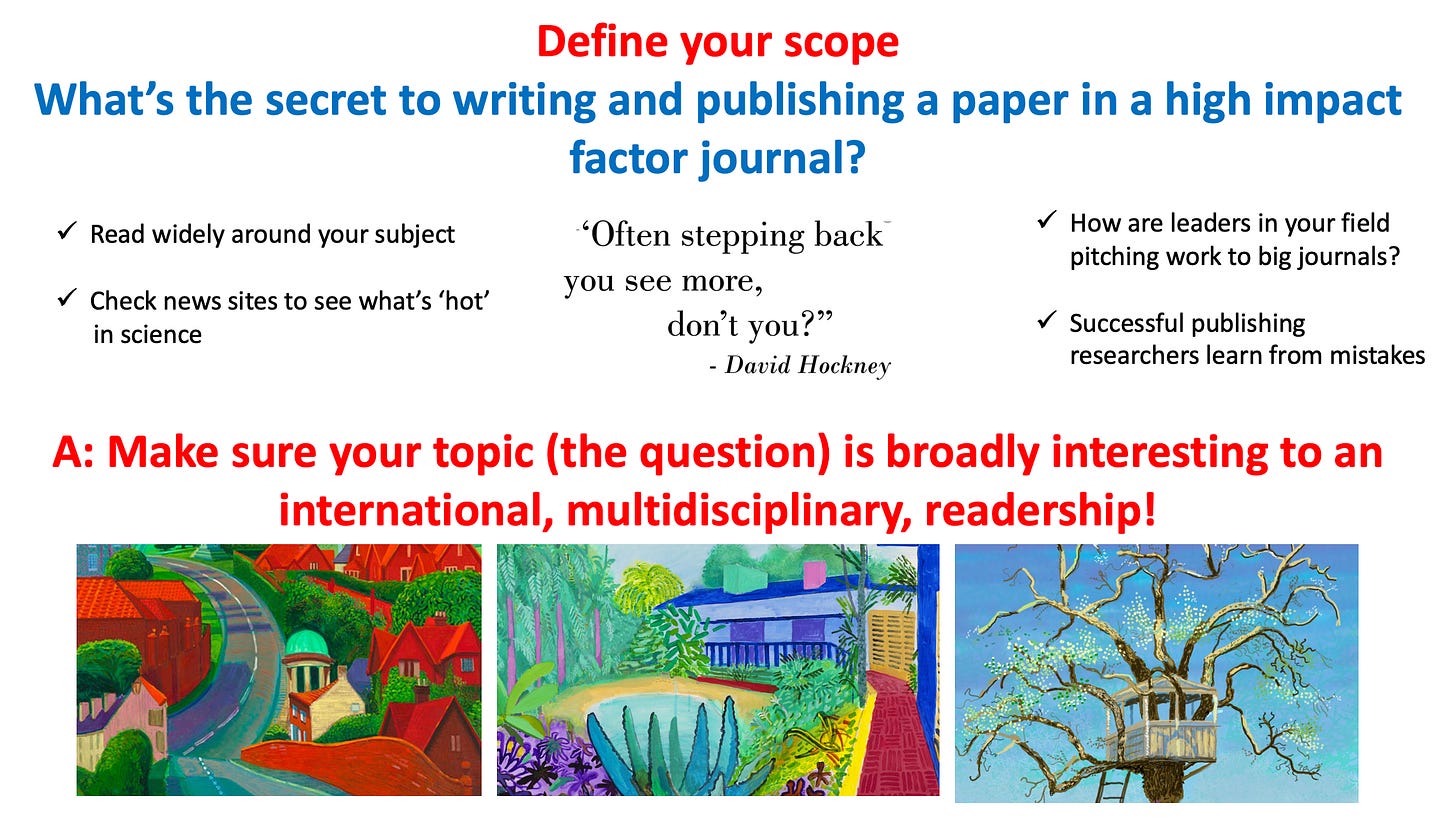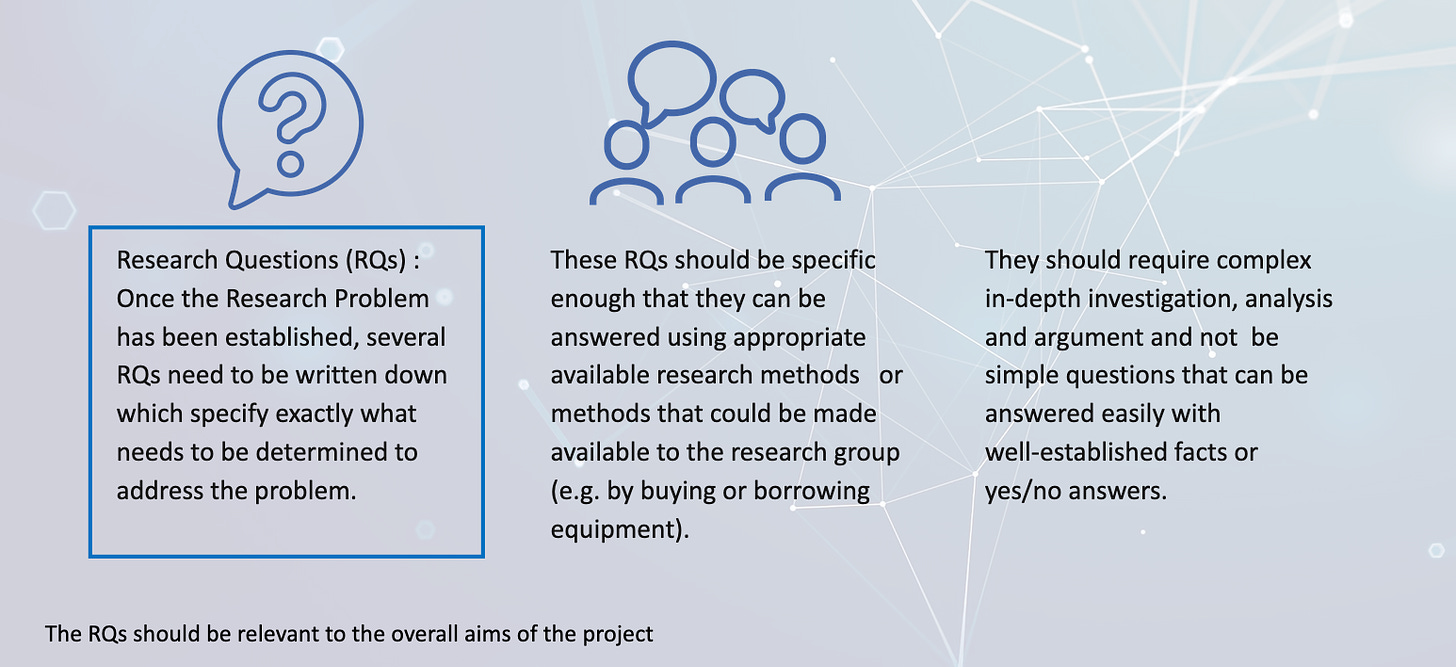Unlocking the Secrets: How to Craft a Compelling Research Question
Identifying a Knowledge Gap in your research is one of the most common questions from researchers, especially younger colleagues getting started ...
Research is the cornerstone of progress in any field. Whether you're a student embarking on an academic journey or a seasoned scholar aiming to push the boundaries of knowledge, the first and most crucial step is formulating a compelling research question, also known as a Knowledge Gap.
A well-crafted question not only defines the scope of your study but also guides your research process, making it essential to get it right from the start. Here's a comprehensive guide on how to develop a good research question that can pave the way for a successful research endeavor.
1. Identify Your Passion
The most engaging research questions often stem from personal interest. Reflect on what truly fascinates you within your field of study. What questions keep you awake at night? Your passion will drive your research and keep you motivated during the challenging phases of your study.
Where do good ideas for research projects come from? This is a very common question: “How can I come up with good research idea?”. The answer is: give yourself time to think. Get away from the daily emails/meetings/university work. Here you have Bill Hamilton, a leading evolutionary biologist, who used to go fishing to come up with ideas. One of my favourite magicians (a hobby of mine) who always “sleeps with a pen and paper by his bed” in case he misses an idea. My ideas come from fossils: What’s your favourite dinosaur?
2. Explore Existing Literature
Conduct a thorough literature review to understand the current landscape of your chosen topic. Identify gaps, controversies, or unresolved issues in existing research. Your research question should aim to address or contribute to filling these gaps.
3. Narrow Down Your Focus
It's essential to narrow down your broad area of interest to a specific, manageable research topic. Avoid questions that are too broad or vague. Instead, focus on a particular aspect or phenomenon within your field. For example, if you're interested in climate change, you might narrow it down to a specific region's impact or a particular aspect of environmental policy.
4. Consider Feasibility
Evaluate the resources, time, and expertise required to answer your research question. Ensure your question is realistic and can be addressed within the constraints of your project. Avoid questions that are too ambitious or require resources beyond your reach.
5. Make It Clear and Concise
A good research question is clear, concise, and specific. It should be formulated in a way that is easy to understand and answer. Avoid jargon and complex language. A well-articulated question will guide your research and help you stay focused on your objectives.
6. Ensure Relevance
Consider the significance of your research question. Will it contribute valuable insights to your field or address a pressing issue? A relevant question is more likely to capture the interest of your audience and fellow researchers.
7. Test Your Question
Discuss your research question with peers, mentors, or experts in your field. Their feedback can provide valuable insights and help you refine your question further. Be open to criticism and willing to revise your question based on constructive feedback.
8. Consider the Research Design
Think about the methodology you'll use to answer your research question. Certain questions are better suited for qualitative research methods, while others might require quantitative analysis. Ensure your question aligns with the chosen research design.
9. Stay Flexible
While it's crucial to have a well-defined research question, be open to adapting it as your research progresses. As you gather data and delve deeper into your topic, you may need to refine or modify your question to align with your findings and insights.
10. Seek Inspiration from Others
Read published research papers and articles within your field. Analyze how other researchers have formulated their questions and what makes them impactful. Drawing inspiration from successful examples can help you refine your own question.
Crafting a compelling research question is both an art and a science. It requires a deep understanding of your field, critical thinking, and creativity. Remember that a good research question is not just a statement; it's a roadmap for your entire research journey. By following these steps and investing time and effort into honing your question, you'll set the stage for a meaningful and impactful research study. So, dive into the world of curiosity armed with a well-crafted question, and you'll be on your way to uncovering new knowledge and making a difference in your field.














